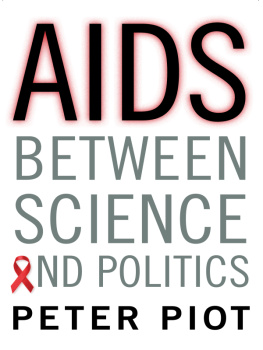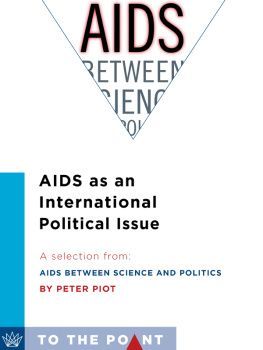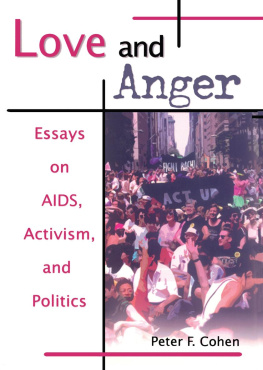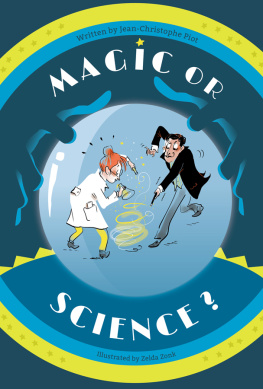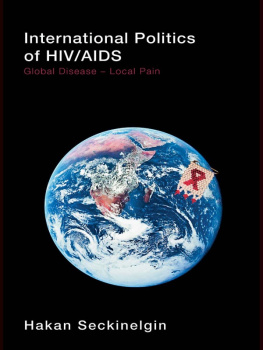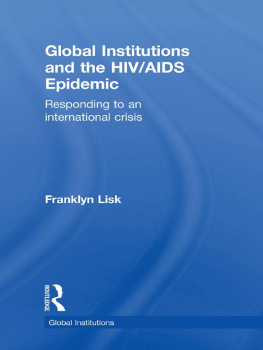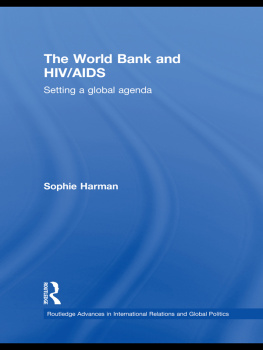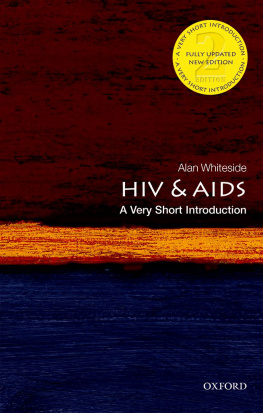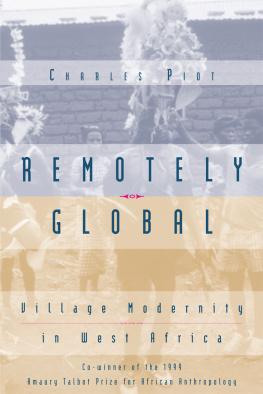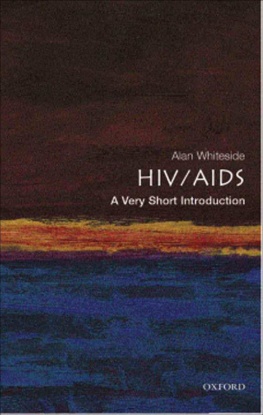AIDS
BETWEEN
SCIENCE
AND POLITICS
PETER PIOT
AIDS
BETWEEN
SCIENCE
AND POLITICS
TRANSLATED BY LAURENCE GAREY
COLUMBIA UNIVERSITY PRESS
NEW YORK
Columbia University Press
Publishers Since 1893
New York Chichester, West Sussex
cup.columbia.edu
Adapted from Le sida dans le monde: Entre science et politique
Copyright 2011 ODILE JACOB, Paris
Translation 2015 Columbia University Press
All rights reserved
E-ISBN 978-0-231-53877-0
Columbia University Press wishes to express its appreciation for assistance given by the Fondation du Collge de France and the Agence Franaise de Dveloppement toward the cost of publishing this book.
Library of Congress Cataloging-in-Publication Data
Piot, Peter, 1949- author.
[Sida dans le monde. English]
AIDS between science and politics / Peter Piot; translated by Laurence Garey.
p.; cm.
Includes bibliographical references and index.
Revised and updated translation of: Le sida dans le monde: entre science et politique / Peter Piot.
Paris : Odile Jacob, c2011.
ISBN 978-0-231-16626-3 (cloth : alk. paper) ISBN 978-0-231-53877-0 (ebook)
I. Title.
[DNLM: 1. Acquired Immunodeficiency Syndrome. 2. Government Programs. 3. Human Rights. 4. Politics. 5. Socioeconomic Factors. 6. World Health. WC 503]
RA643.8
362.19697'92dc23
2014026530
A Columbia University Press E-book.
CUP would be pleased to hear about your reading experience with this e-book at .
Jacket design by Chris Sergio
References to websites (URLs) were accurate at the time of writing. Neither the author nor Columbia University Press is responsible for URLs that may have expired or changed since the manuscript was prepared.
In memory of Joep Lange and Jacqueline van Tongeren
CONTENTS
A IDS is a hot topic. It is a global phenomenon, like nothing that came before it, and recognizes neither national boundaries nor social strata. In translating a book on AIDS three years after its 2011 appearance in French I realized that I was running the risk of it being out of date by the time it was published. However, Peter Piot agreed to undertake an update as I reached the end of my translation. In this task he was assiduous, and this English version is much more than just a translation of his masterly discussion of AIDS in the worldit is a new edition with Peters 2014 revisions.
Our work has depended on many other people too. Sarah Curran, Peters programme manager at the London School of Hygiene and Tropical Medicine, has helped ensure that things were right up to date. At Columbia University Press Bridget Flannery-McCoy and Kathryn Schell skillfully piloted the project, which was managed by Roy Thomas.
Laurence Garey
Perroy, Switzerland
February 2014
T his book would never have been published without the unfailing support of Heidi, the encouragement and inspiration of Philippe Kourilsky and Pierre Corvol, and without the precious help of Laurence Garey, Sarah Curran, Helena Legido-Quigly, Gabriella Gomez, Annick Borquez, Jean-Jacques Rosat, and Marie Chron. To work with my friend and colleague Michel Caral is always a privilege and an intellectual adventure, and his contributions were crucial for the original French version. This book reflects the work and collective engagement of thousands of people throughout the worldtoo numerous to cite here. I would also like to express my gratitude toward my colleagues in UNAIDS, especially to my successor Michel Sidib. My thoughts and gratitude go to Greet, Bram, and Sara for their caring support.
Peter Piot
London, England
February 2014
Misunderstanding of the present is the inevitable consequence of ignorance of the past. But a man may wear himself out just as fruitlessly in seeking to understand the past, if he is totally ignorant of the present.
Marc Bloch
T his book is based on ten lectures in the Knowledge against Poverty series at the Collge de France in Paris from 2009 to 2010. I had the unique opportunity to reflect on my experience as scientist, clinician, founding executive director of the Joint United Nations Programme on HIV/AIDS (UNAIDS), and activist in the struggle against AIDS since the epidemic began. This experience convinced me that without a political or economic connection science brings little to people, but also that without scientific evidence and respect for human rights, politics is ineffective and can even be harmful. This present book represents the English translation of that original book, but also much more. This book has been completely updated and revised to reflect the latest literature and important new topics have been added to bring the critical subject of HIV/AIDS up to date.
AIDS, the acquired immunodeficiency syndrome, was one of the disruptive events that marked the turn of the twenty-first century. The AIDS pandemic was not only disruptive for the health of millions worldwide, but also disruptive in terms of international relations, global access to new technologies, and public health policies. It profoundly altered our relationship to sexuality, doctor-patient relations, the influence of civil society in international relations, and north-south solidarity. It thrust health into the realms of national and international politics, where it rightly belongs.
Who could have predicted the worst pandemic in modern history since the Spanish influenza when, in June 1981, a syndrome of unknown origin, characterized by a rare form of pneumonia, was described in just a few lines about five white homosexual men in the United States? What appeared initially as a medical curiosity was overshadowed by other events such as the election of Franois Mitterrand as president of France, the wedding of Prince Charles and Princess Diana, and the death of Bob Marley. I was then heavily involved in epidemiological research on sexually transmitted diseases in Africa and Belgium, but far from imagining that this new syndrome would, over more than three decades, affect some seventy million people and cause over thirty million deaths. It took a long time before the full extent of the epidemic was realized, that of an unprecedented viral infection transmitted by body fluids, including genital secretions and blood, and from mother to child. The first public reactions to AIDS were dominated by fear when faced with the litany of unavoidable death and suffering, and anxiety at the defeat of medical salvation. Until then modern medical science had seemed almighty against microbes and many even thought that infectious diseases were fully under control, at least in wealthy societies.
The first years were marked by the stigmatization of those living with the virus: homosexual men, drug users, and people with hemophilia, as well as Haitians and Africans. That era is not over: although now subtler, discrimination and stigmatization explain at least partly the gap between what is possiblegreatly reduced levels of infection and deathsand the continuing global epidemic.
The first years were marked by the stigmatization of those living with the virus: homosexual men, drug users, and people with hemophilia, as well as Haitians and Africans. That era is not over: although now subtler, discrimination and stigmatization explain at least partly the gap between what is possiblegreatly reduced levels of infection and deathsand the continuing global epidemic. Reports by UNAIDS show that considerable progress has been made after more than thirty years of the epidemic, with 12.9 million people receiving antiretroviral therapy globally at the end of 2013, resulting in a 35 percent decline in deaths between 2005 and 2012, when 1.5 million people died from AIDS. In addition, the incidence (that is, new infections of human immunodeficiency virus [HIV]) decreased by 38 percent worldwide between 2001 and 2013, with 2.1 million persons newly infected in 2013.

